- Jan 25, 2009
- 19,765
- 1,429
- Faith
- Oriental Orthodox
- Marital Status
- Private
- Politics
- US-Others
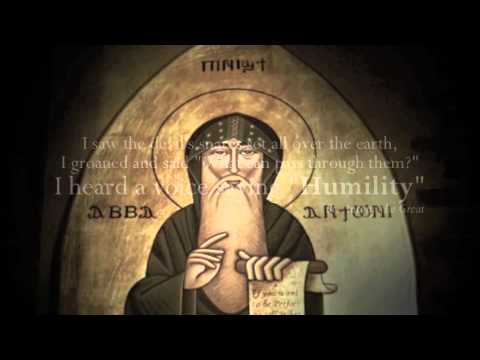
I was recently talking with another individual within Orthodoxy and the subject of the Desert Fathers came up--as we both heavily love their work and seek to walk as they did to the best of our ability.
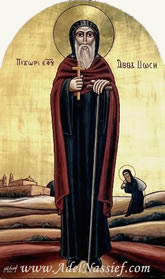
As much as I admire them within the world of Eastern Christianity, my friend alerted me to the fact that they have often been considered as supporting all things deemed to be apart of the Church as Orthodoxy sees it...and yet in his view, they were very much at odds a number of times. Studying the history of the Desert Fathers in the late 3rd and 4th Centuries and how they naturally developed from living mostly alone to forming loose-knit communities, and later, close-knit ones, I was a bit struck at witnessing how in many ways they seemed to be seperatists.
Many communities within Eastern Monastic circles seemed to radically disconnected themselves from the rest of the world. Last year, I was blessed to get ahold of a book on that very issue, entitled In the Heart of the Desert, Revised: The Spirituality of the Desert Fathers and Mothers by Rev. Dr. John Chryssavgis. Was glad to get ahold of it a couple of months ago after having my eye on it for awhile. There's an online version of it here and it has been very intriguing seeing their lifestyles--and the implications their actions.
To them, it seemed that the only way to address many of the things they saw to be injustices would be to stop being apart of a broken system and to instead try to live outside of the system.
For me, it seemed similar to what many of the Essenes did when they saw much corruption happening in Jerusalem amongst the differing camps of Judaism (i.e. Pharisees, Zealots, Herodians, Sadducees, etc), many feeling as if they needed to cut themselves out entirely from the mess since they had tried to address it (such as what occurred with the Essenes)...and yet found themselves slowly made into a minority before being pushed out entirely prior to the arrival of Christ. And with the Desert Fathers, it seemed that they had the same experiences of choosing to become sectarian from the corruption in the empire. As the Church was emerging from persecution, many of them had become disenchanted with how quickly the Church became worldly and left for the desert as a protest. Although others came out into the wilderness to meet them and be amazed at their lifesyles, others seemed to be perplexed at how their desire to address corruption by living seperate seemed to encourage change in others....and yet, it still fostered a great deal of disconnection from addressing the issues of injustice that other groups were battling in the Empire.
For others romanticizing the hermit communities of the Egyptian desert, as seen in St. Athanasius's Life of Anthony (Vita Antonii), it was noteworthy examining the severe discipline of the Desert Fathers in order to obtain God's blessing--requiring that a Christian had to deny his ambitions for prosperity, honours in civic life, desire to satisfy carnal appetites, and instead, according to the sayings of the Desert Fathers themselves, consider that "the treasure house of the monk is voluntary poverty", and "any virtue that is commented on and made a public show of is destroyed". Compared to many camps of the Church that seemed to combine their walks with the State--including supporting War and fighting---the example set by the Desert Fathers was a kind of a muscular Christianity, whereby a man could replace the glory of pagan war/lusty appetites with a kind of glory in spiritual excellence through the seeking of God's presence in a Christian community set apart.
One would think that the legalization of Christianity by the Roman Empire in 313--through the work of Constantine--would give others like St.Anthony and the Desert Fathers reasons to stay in the main cities/support the Church where it was present..but it was perplexing to see how it simply gave Anthony a greater resolve to go out into the desert since Anthony, who was nostalgic for the tradition of martyrdom, saw withdrawal and asceticism as an alternative...and the only solution.
And with the Desert Fathers, those I have in mind are not only those from St.Anthony's generation. For usually, when people talk about the Desert Fathers and Mothers, they mean those ascetics from the period of St. Antony, St. Pachomius, Evagrius Ponticus, St. Simeon the Stylite, and St. Shenoute. But there are also those in following generations. In my mind, the second and third generations of Desert Fathers are those who lived in the sixth and seventh centuries. For the sixth century Desert Fathers lived in the era after the Council of Chalcedon, in the days when the Church was drawing ever closer to fragmentation over Christological issues. By the seventh century, the monasticism of the Desert had lost some of her impetus, no doubt due to the ongoing disputes between the Chalcedonian imperial church and the anti-Chalcedonians, who by this stage had formed a separate church in Syria through the efforts of Jacob Baradaeus and were well on the road to schism in Egypt. There were also things such as the exhausting wars between the Empire and Persia which affected the Syrian and Palestinian heartland of Desert monasticism....and the seventh century with the Arab invasions, through which the Desert was lost to the Christian Empire.
There are others who felt that many of the political battles that followed immediately after Christianity was legalized--including the many Councils developed (including the Ganster Synod/Robber Synod)--should never have been engaged in due to the methodology that went down....some feeling that working with Constantine was a sign of compromise since the man was noted to have done many horrible things himself (noted here from previous discussion when it came to discussing the development of Byzantine Christianity).
When I was talking to my Orthodox brother (a Bishop/Priest), he noted how the Desert Fathers themselves were not necessarily under a priest as are groups today. Studying for myself, it intrigued me seeing how the Desert Fathers/MOthers were not clerics..and that many Bishops/Clerical councils detested these "monks," who withdrew from sacraments, homilies, and episcopal oversight to live alone in caves/hovels. By the mid-fourth century, these monastic communities were furnishing bishops for the churches....but only after a long time of fourth-century councils forbidding clerics from joining them. More discussed in an excellent book entitled The Evolution Of The Monastic Ideal: From The Earliest Times Down To The Coming Of The Friars, A Second Chapter In The History Of Christian Renunciation - Page 17.
There were other things that seemed to surprise me by the example of the Desert Fathers, as I always assumed they were Eastern Orthodox since I first came across them when I witnessed another Eastern Orthodox member say they were years ago....until talking with my Orthodox brother/doing more study (alongside interaction with Coptic Orthodox believers) and seeing the way that they were simply the root for Eastern Monasticism--that they were neither Eastern Orthodox or Oriential Orthoddox alone. For the CHurch was united, with the Desert Fathers contributing to it even as they may've differed from it....until the 5th century when some didn't agree with the Council of Chalcedon, being labeled subsquently as "Non-Chalcedonian" since they didn't agree with the councils' thinking there was something wrong about seeing Christ as having one nature, human and divine.....and thus leading to a split. According to some, the Oriential Orthodox seemed to maintain what the early church had always done/wanted to be consistent.
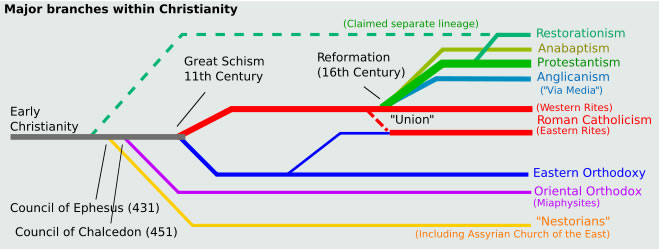
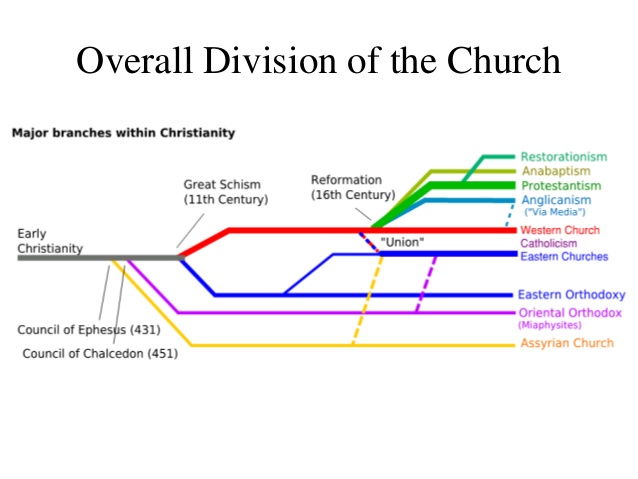
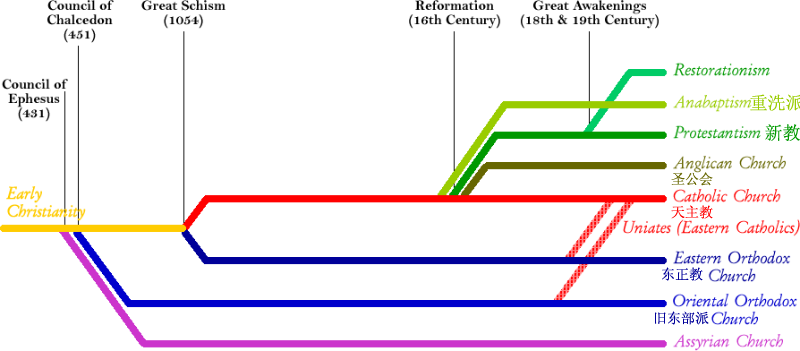
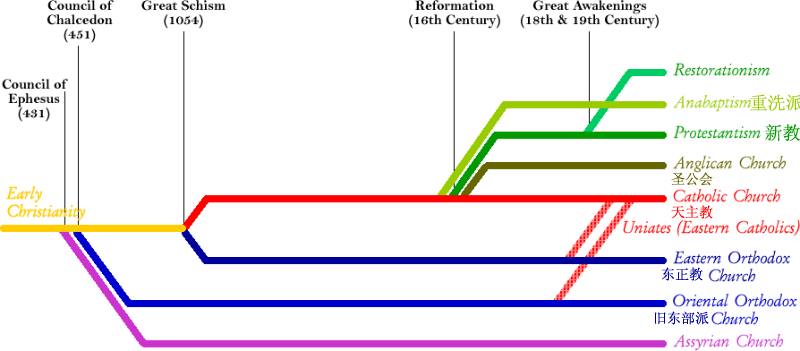
My friend noted to me how easy it is for others to be apart of the Church and yet not fully within it at times when it seems that what is done in the name of the CHurch may not be in line with the foundation of the Church--Christ.
There have been other books which I've found to be very informative over the years...from “The Sayings of the Desert Fathers” by Benedicta Ward /Cistercian Publications – most complete collection--to "The Forgotten Desert Mothers: Sayings, Lives, and Stories of Early Christian Women" by Laura Swan and Christianity in the Land of the Pharaohs: The Coptic Orthodox Church by Jill Kamil. But in going through all of them, there does seem to be a theme present of being radical..compared to some of the other leaders/branches of the Church.
And as often as some of them may've been called "seperatists" or not fully apart of the Body, their example paved the way for many things that the Body benefits from today. Much of their lifestyles reminded me of others who are within Eastern Christian monastic circles and monk lifestyles...and yet not necessarily holding to everything done in the name of the Church or Eastern Orthodoxy. Whereas others may seek to have the State backing the CHurch/enforcing what it feels is just, others feel that it is necessary to back away from all State Influences and live life on the margins. We've had similar debates/dynamics where I attend service. For at the Messianic Jewish fellowship I attend, our fellowship (one branch of the ministry) is within the Eastern Christian tradition itself as it concerns Monasticism (discussed here, #21 , #35, #98 ), due to how the main rabbi I work under is Jewish (Sephardic)/grew up in the MJish camp...and yet he was also an Eastern Orthodox monk/bishop for some time... and ordained me last March within the school, everything practiced from the Divine Liturgy to experiencing chrismation in the Eastern Church..including professing loyalty to the Holy/venerable and blessed Patriarch of Antioch (Mar Ignatius) and the Holy/venerable and blessed Patriarch of Alexandria (Pope Shenouda, who recently passed...of the Coptic Orthodox Church). Working with others, be it Messianic Jews/Gentiles or Byzantine Jews (i.e. Eastern Catholics) or Hebrew Catholics....We've often differed from other groups in the Protestant camp attacking Orthodoxy---including others who try to wage war with the Church---and yet we're not centered on being solely for what's seen in Orthodox ideology. The Desert Fathers in their own example have always stood out as it concerns identifying with them....especially as it concerns means of social change they brought up with having counter-cultural living occurring. And the Monastic tradition...
If anyone within Eastern Orthodoxy thinks I may be off, my apologies. But from what I read, seperating/seeking to live righteously did seem to be the impression that I got from much of Desert Monasticism...be it with St.Anthony or St.Moses the Black and others. And I was curious as to whether or not there are any within Orthodoxy who may feel likewise. If you saw something evil happening in the world socially, how would you respond to it? With a situation such as the wrong doing...or really any other form of social injustice, be it from outside or within the Church, what you suggest?
For anyone interested in resource information, here are some good considerations:
- Lives of the Monks of Palestine. by J Binnsm, of Cistercian Publications.
- THE ORIGINS OF CHRISTIAN MONASTICISM There are monks
- Desert Christians : an Introduction to the Literature of Early Monasticism...
Last edited:

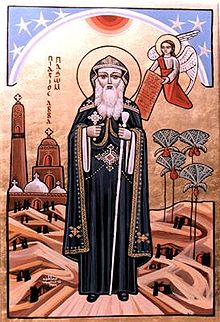
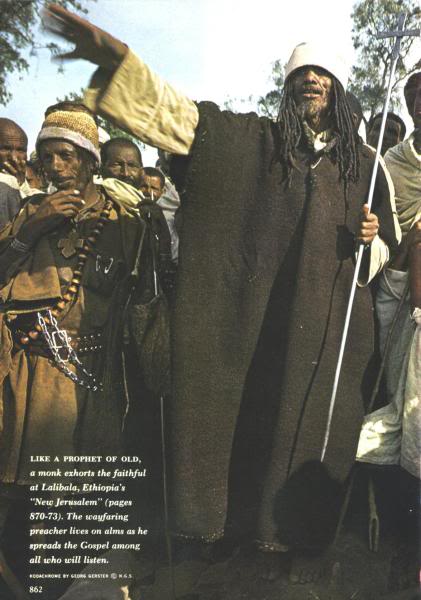



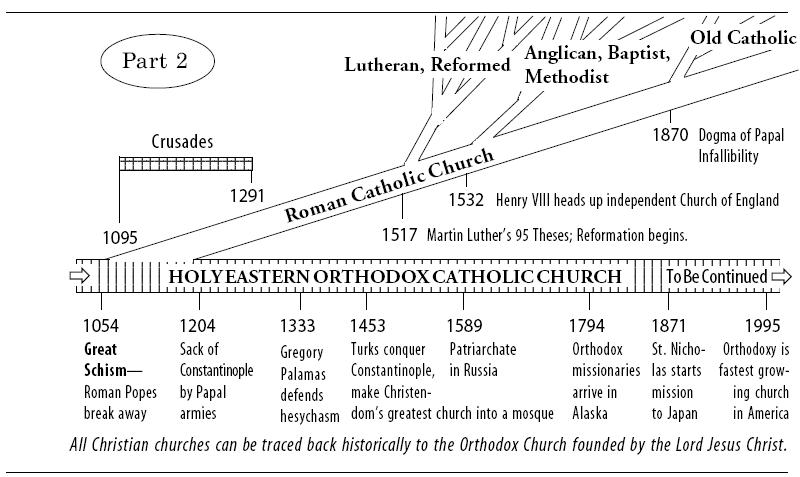
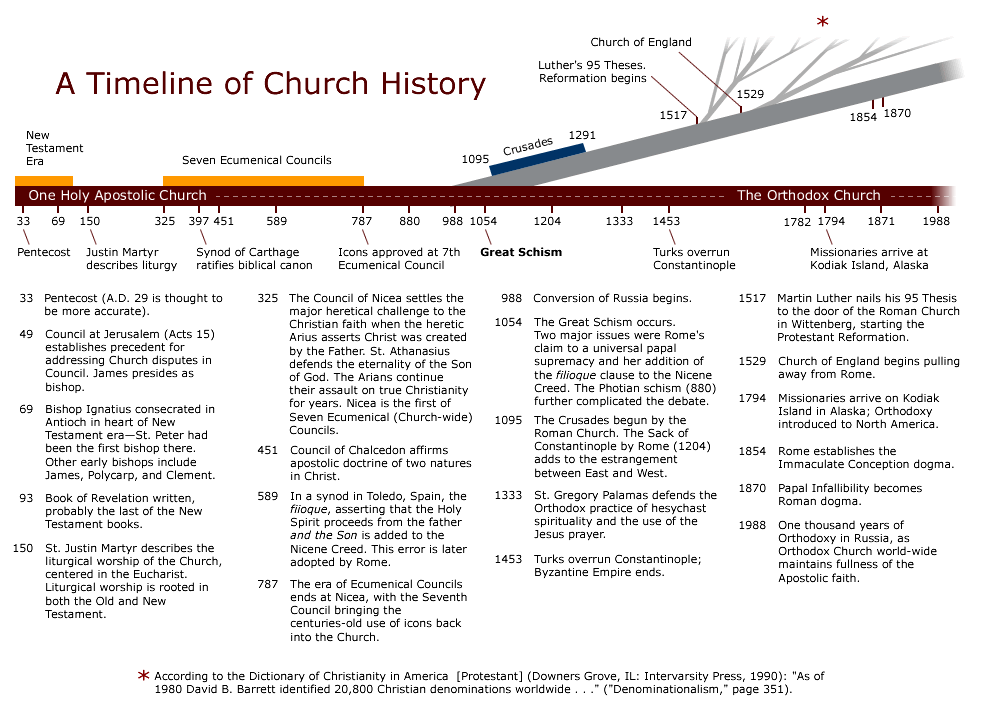

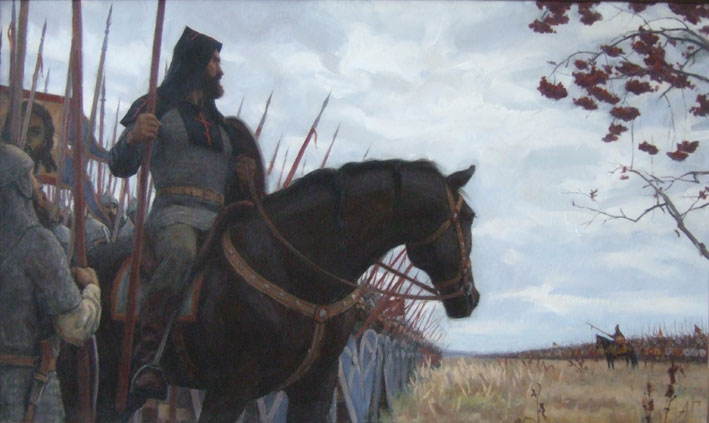

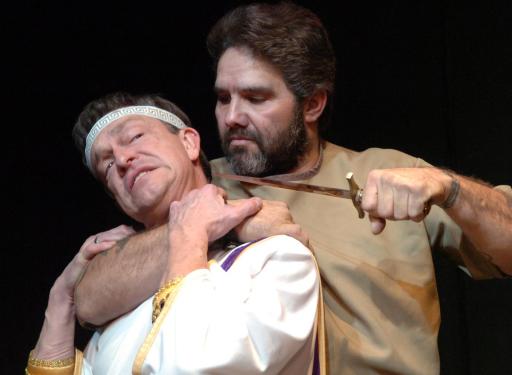
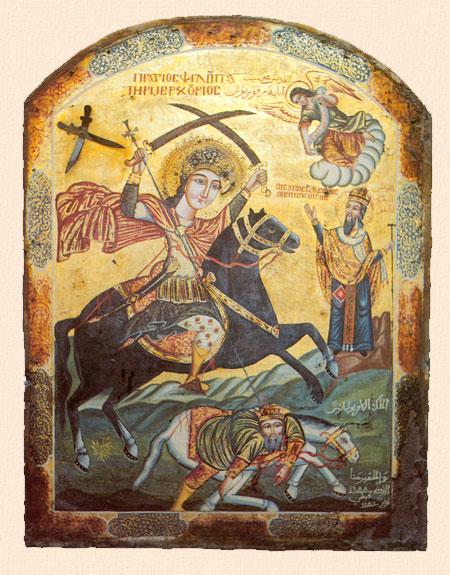
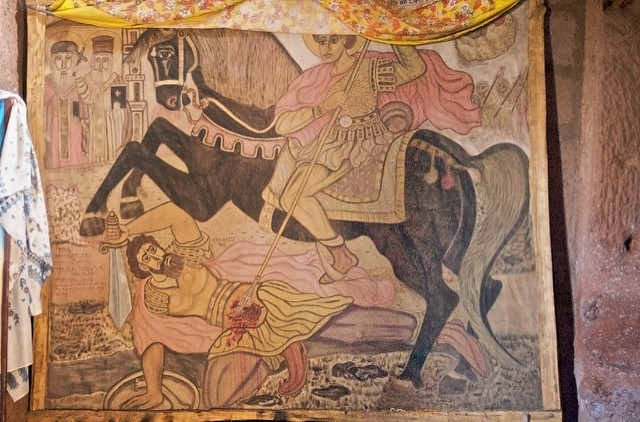

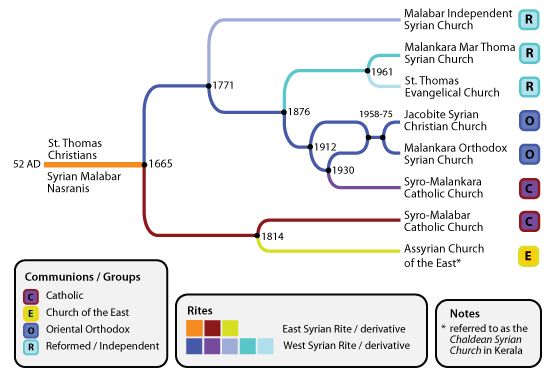
 The bookseller's nightmare - on both sides !
The bookseller's nightmare - on both sides !